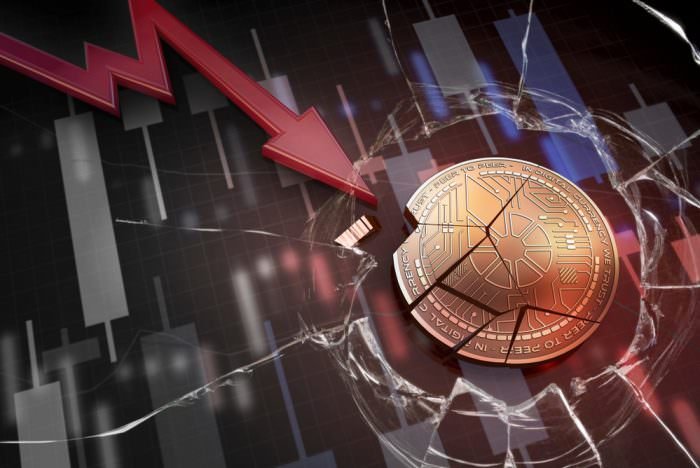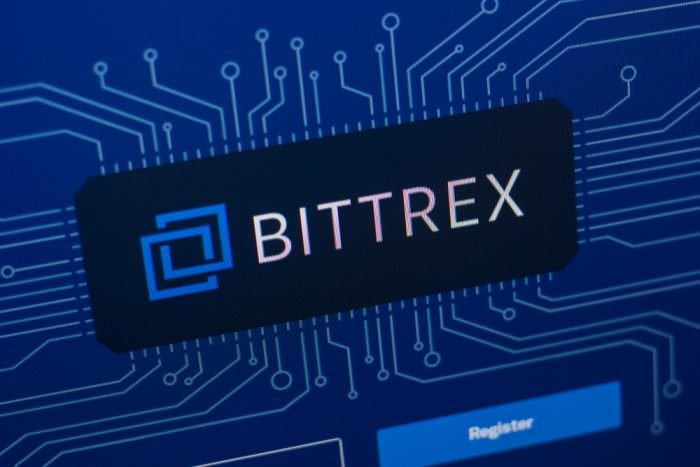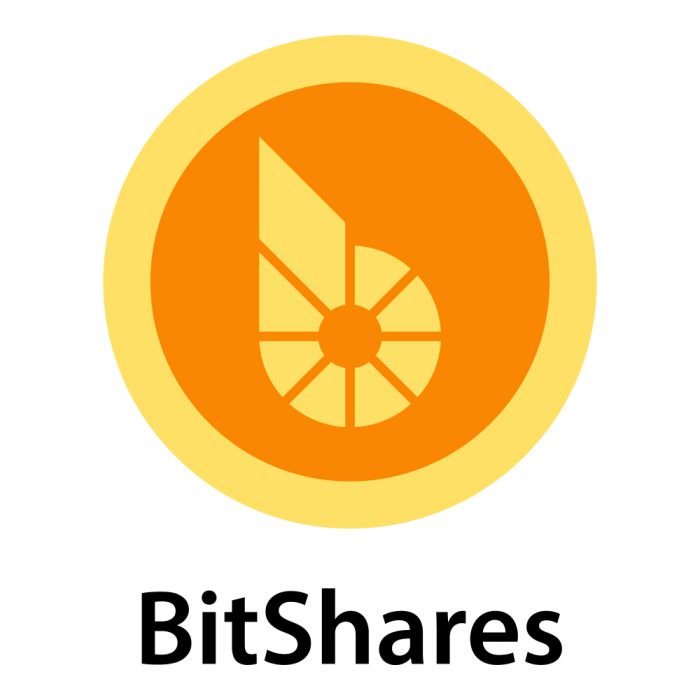“BitShares (BTS) has a solid network in place to avoid being a tragic failure of a crypto market crash,” commented the CryptoBriefing site in its recent review of the decentralised exchange.

Fans of BitShares believe it has hidden depths.
Globalcoinreport.com also recently singled out BTS for praise as “the first and only cryptocurrency to implement delegated proof of stake algorithm in its blockchain platform,” wrote commentator Kaustav.
“The main problem with the proof of work algorithm used by currencies like Bitcoin is that it consumes a significant amount of energy and computing resources to resolve certain mathematical problems. This excessive consumption makes the platform unsustainable for long-term usage”
“You should definitely look at Bitshares as it is a blockchain which is significantly advanced as compared to some of its peers,” agreed another commentator last month.
Originally launched as ProtoShares (PTS) by “crypto prodigy” Dan Larimer nearly five years ago, BitShares qualifies as one of the oldest entrants in the table of Top 40 cryptocurrencies.
Given the good publicity, you might expect BTS to have withstood at least some of the price volatility that has affected its peers. But the price has seesawed dramatically over the past 12 months and the coverage isn’t always universally favourable.
A turbulent month

The price of BitShares steadily lost ground in May: Shutterstock
BTS/USD has recently traded in a range of $0.15 to $0.16, less than half the levels of above $0.38 it was at in May. By the first week of this month it was struggling to hold above $0.24 before starting a further descent.
Yet in the first week of May BitShares was able to report a record transaction volume, overtaking both Bitcoin and Ethereum. Over a single 24 hour period, BitShares reached 1,513,308 transactions, averaging around 17.5 transactions per second (TPS). This put the BitShares blockchain second only to Steem, which holds the record for 2,068,341 transactions within 24 hours (23.9 TPS).
Commentator Michael Taggart suggested that a recent legislative crackdown explained the spike in activity. “As the US Securities & Exchange Commission (SEC) and Commodity Futures Trading Commission (CFTC) hunt down illegitimate exchanges and cryptocurrencies, customers are flocking to established, reputable coins and blockchain technology,” he wrote.
“They don’t want to have to deal with fines or punitive action – they just want to invest or contribute to the industry. BitShares has proven its salt through numerous partnerships, use cases, and now, its trade volume.”
Liftoff failure
Did this boost the BTS price? Far from it – last month was one of steady retreat. Nor is this the first period of extreme volatility – last June BTS was riding high at over $0.20 but by late September 2017 had slumped to just 11% of its peak. At that time, analyst Josh Olszewicz of bravenewcoin.com commented:
“BTS offers much more than just a cryptocurrency, but has essentially collapsed under its own weight of complexity and lack of compelling use cases. BTS has lost much of its smart contract market share to Ethereum. The decentralised exchange offered on the platform may provide a future golden egg service.”
The slump that occurred in late summer/early autumn occurred despite some positive news for BitShares. Among them was the announcement in August by Hong Kong-based remittances company Bitspark – which has plans to expand beyond Asia – that it was switching from the Bitcoin blockchain to the BitShares blockchain as it considered the latter to be cheaper, faster and more liquid.

BitShares was delisted from the Bittrex exchange last October: Shutterstock
Nonetheless, BTS suffered further misfortune when it was delisted from the popular Bittrex exchange on October 13th – and yes it was on a Friday too. The news took a further 20% off the price. There was much speculation at the time on the reason(s) for the delisting, one of the more popular theories being that Bittrex wished to distance itself from companies that might be regarded as a security.
Other suggestions were that technical issues were to blame and that Bittrex might regard BitShares as a future competitor – although as was noted, there are plenty of other exchanges to trade BTS on, including Bitshares’ own DEX and as one trader observed: “Bittrex banning Bitshares is a little like the banks trying to ban bitcoin.”
Yet whatever the reason the upshot was that “other coins were hyped in the media and investors forgot about BitShares,” as one commentator noted in his end-of-year review last December.
Back to $0.04?
The more pessimistic forecasts for BitShares are very pessimistic indeed. The doomsayers include Seth Parker of forexnewsnow.com, who wrote last week: “The current target for the BitShares are the lows from October, around $o.04 and chances that we will get there this year are very high.”
Yet the outlook remains bright. “The BitShares team is making continuous upgrades in its existing technology to make it even more efficient and user friendly,” reports Kaustav on globalcoinreport.com.
“With its delegated proof of stake algorithm, BTS has already managed to grab the attention of several traders around the world. With more developments and lucrative partnerships on its way, investing is very likely to turn out a lucrative decision in this year.”

Opinion is divided on the outlook for BitShares: Shutterstock
For investors who regard the current level as a buying opportunity, in addition to DEX, BitShares can be bought on BitShares Asset Exchange, two popular exchanges built on the BitShares blockchain – CryptoBridge and OpenLedger – and several other cryptocurrency exchanges including Poloniex, RightBTC, Livecoin, Binance, Crex24, CoinEgg, YoBit, Indodax, EXX, BigONE, Tidex, Gate.io, Huobi, CoinTiger, ZB.COM, Vebitcoin, Lbank, GDEX and RuDEX.
Purchasing alternative cryptocurrencies such as BitShares directly using US dollars is more complicated. Investors are recommended to first purchase Bitcoin or Ethereum using an exchange dealing in USD such as Changelly, Coinbase or GDAX. The newly-acquired Bitcoin or Ethereum can then be used to purchase BitShares using one of the exchanges shown above.
Text by Graham Buck
Originally posted https://dex.openledger.io/a-year-in-the-life-of-bitshares/
Follow OpenLedger on socials
Given that Blocktivity.info shows BitShares and Steemit processing 75% of the public blockchain transactions per day without breaking a sweat while Bitcoin and Ethereum are backlogged with no room to grow and stuck in the last 25% with the rest of the industry, its hard to take the pessimists seriously.
I think a simpler UI for the bitshares based platforms can make things better as more and more people will adopt the DEX
@stan Bitshares seems like a powerful system. Do you know if companies can launch securities tokens using BTS? I hear a lot of hype in the industry. Even coinbase and others have seen that this is the way to go. Publicly traded companies are looking into this.
Down to $0.04? Yeah right lol! Once bitcoin bounces back, the same will happen to almost every other crypto like it did last December.
I predict we will see close to $2 by end of the year.
Bitshares is a huge project that continues to grow every single year.
It’s one of my faves for sure
There are Fiat gateways starting to operate on the bitshares DEX that will allow purchase of altcoins directly with USD.
Coins mentioned in post: